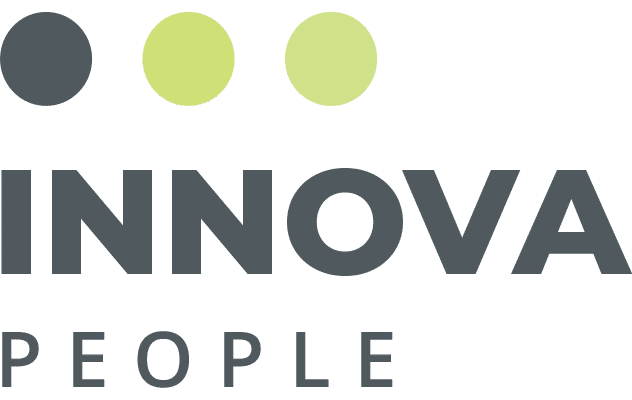The workplace is transforming as employers’ attitudes toward work and the criteria for suitable talent have shifted. “Hard” technical skills once took center stage, and employers now realize the increasing importance of “soft skills.” Those intangible qualities that define how you work and interact are the new currency of the workplace.
The World Economic Forum’s Future of Jobs 2023 report reveals that soft skills are just as essential as hard skills because success in the workplace often requires more than the technical ability to do the job. Soft skills can make a significant difference, “The socio-emotional attitudes which businesses consider to be growing in importance most quickly are curiosity and lifelong learning; resilience, flexibility and agility; and motivation and self-awareness—evidence that businesses emphasize the importance of resilient and reflective workers embracing a culture of lifelong learning as the lifecycle of their skills decreases,” the report’s findings state.
The Beauty of Soft Skills
As businesses adapt to emerging technologies, the demand for soft skills becomes more pronounced as they enable companies to navigate change.
What sets soft skills apart is their high transferability across industries. Whether contemplating a career pivot, aiming for rapid career progression, or even considering entrepreneurship, soft skills are your liquid assets. Their adaptability aligns seamlessly with evolving employer perspectives, making them and you a valuable asset in any professional setting.
Studies by Harvard University, the Carnegie Foundation, and the Stanford Research Center affirm that 85% of job success stems from proficient soft and interpersonal skills. In comparison, a mere 15% is attributed to technical skills and knowledge (hard skills).
Current In-Demand Soft Skills
Online learning platform Springboard for Business recently released its 2024 State of the Workforce Skills Gap report, which surveyed more than 1,0000 corporate professionals working at large companies, revealing the most sought-after soft skills in the current job market. Strategic thinking is at the top of the list, with 57% of leaders expressing the need for professionals with this skill. As businesses navigate an economy in a changing environment of flux, critical thinking becomes indispensable to stay competitive.
Additionally, problem-solving (49%) and verbal and written communication skills (46%) are crucial to keeping pace with the evolving professional landscape—emotional intelligence and interpersonal relationships round out the list of essential soft skills, also known as durable or non-perishable skills, the report said.
The Importance of Soft Skills for Employees
With 79% of leaders acknowledging the limited longevity of technical skills to five years or less, the emphasis on soft skills has intensified as artificial intelligence reshapes industries. Unlike technical skills, soft skills cannot be outsourced to AI and are universally applicable at every level and function.
Displaying Your Soft Skills
In a competitive job market where employers sift through numerous resumes, showcasing your soft skills is a strategic move. Using explicit language such as “facilitated,” “presented,” “negotiated,” and “implemented” can help ensure that your soft skills stand out on paper. Be explicit and mention soft skills by name to avoid them getting lost on the page.
During interviews, soft skills become a powerful differentiator. Outline unique competencies through examples from previous work experiences, demonstrating critical thinking, problem-solving, and communication skills.
How to Actively Develop and Enhance Your Soft Skills
Personal development should be ongoing. Employees can hone their soft skills in practical situations by engaging in soft skill training initiatives. They can gain insights from each other’s experiences through immersive courses, simulations, and peer learning opportunities. Adopting an immersive approach can inspire employees to engage actively in personal and professional development.
- Yale Connected Leadership Course
- Yale Intro to Negotiation Course
- Leadership Skills Course
- Negotiation Strategies and Skills Course
Here are some ways companies can adapt their hiring processes to evaluate and prioritize soft skills:
- Utilize behavioral interviews, employing questions that delve into a candidate’s real-life experiences and their application of skills across various contexts.
- Employ skills assessments or pre-employment tests to evaluate both technical and soft skills.
- Revise job descriptions to emphasize the importance of soft skills and talent.
- Integrate psychometric testing into the evaluation process.
- Provide skill development programs for candidates.
- Cultivate a culture of continuous learning within the organization.
The Corporate Impact of Soft Skills
Mastering soft skills benefits not just individuals; it elevates teams and entire organizations. Strong, soft-skill employees become catalysts for innovation, efficiency, and growth. There’s a clear correlation between soft skills proficiency and professional success in a business landscape that continually evolves. As the demand for these skills persists, they remain valuable for job seekers and corporations.



